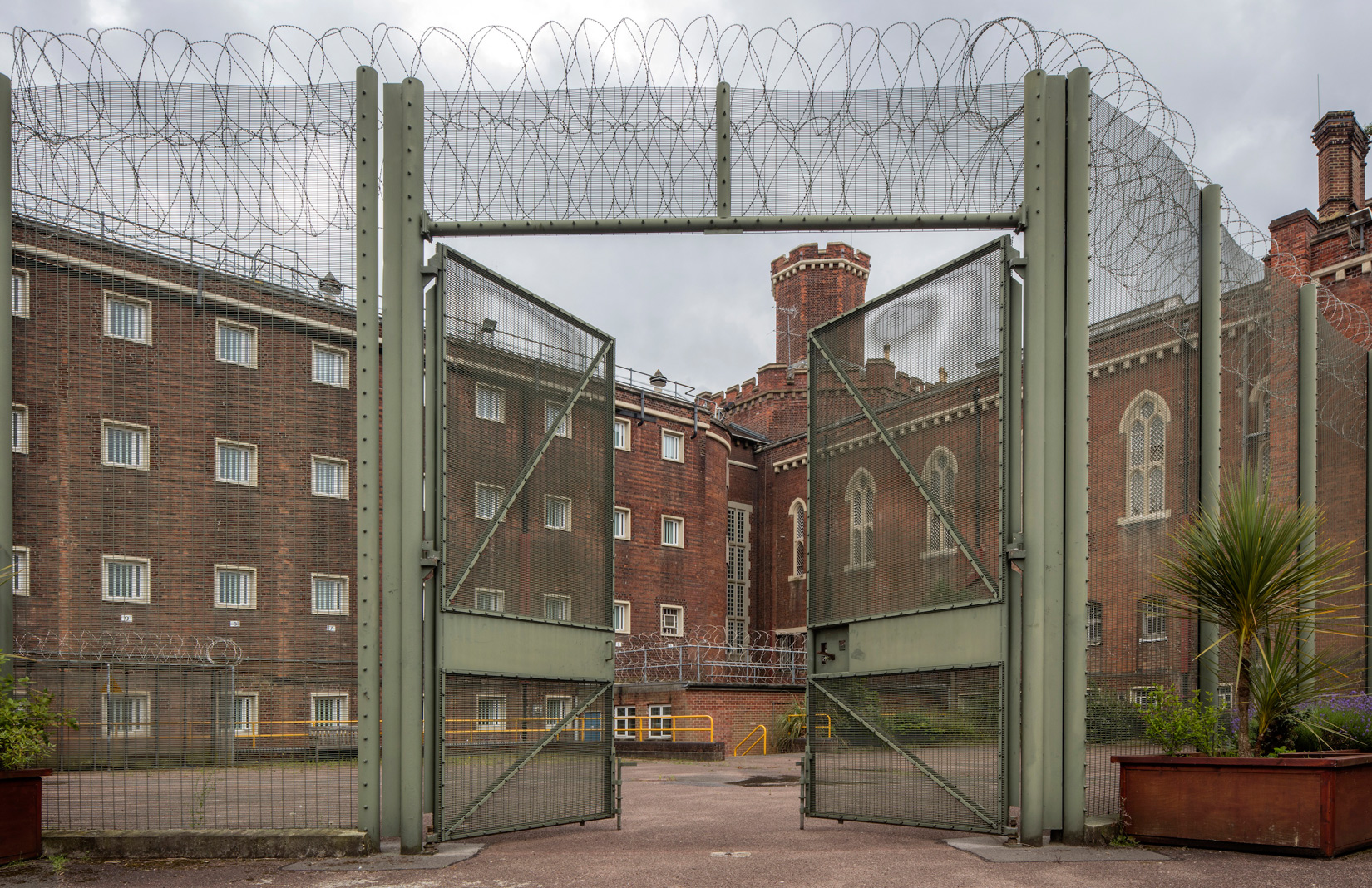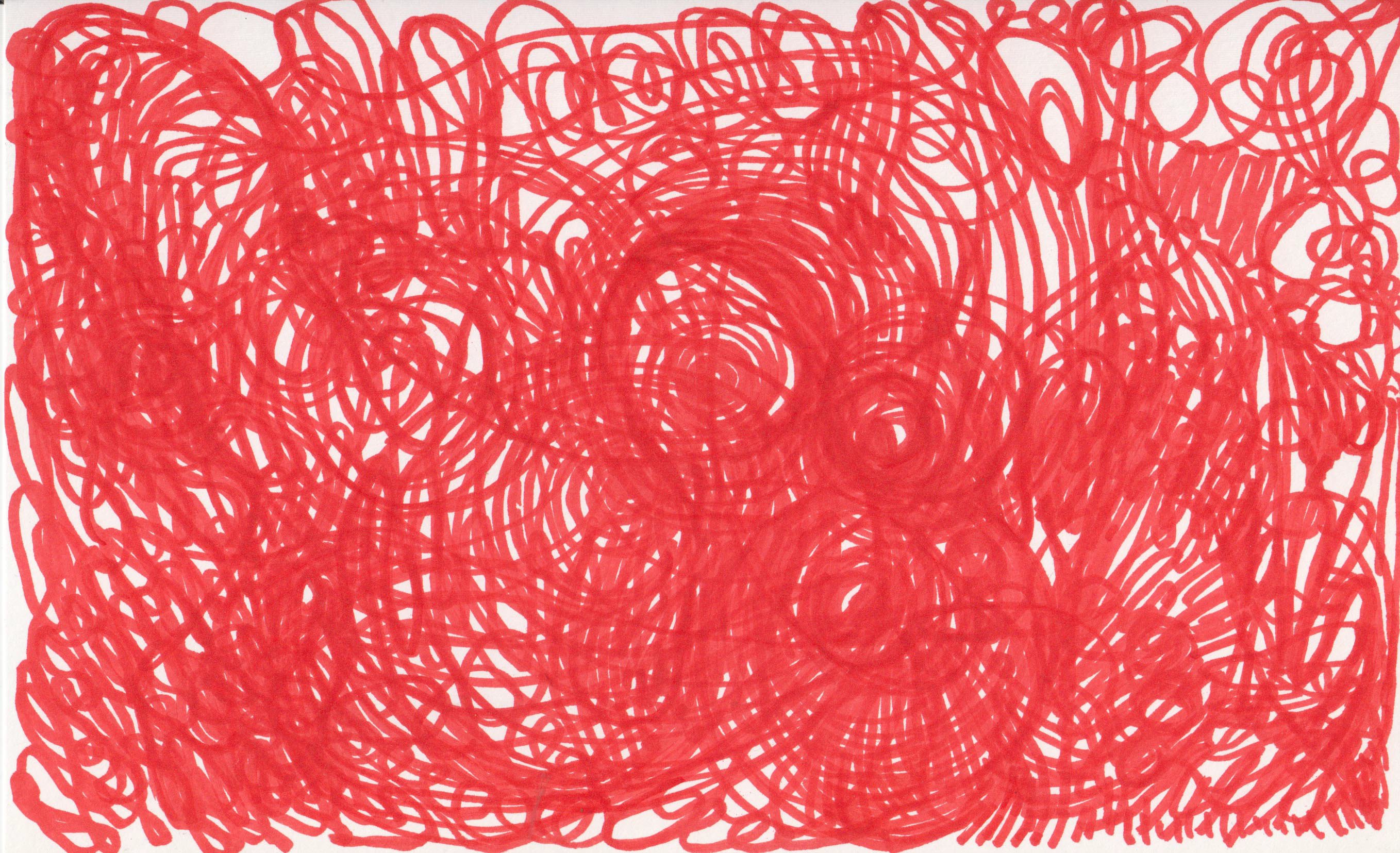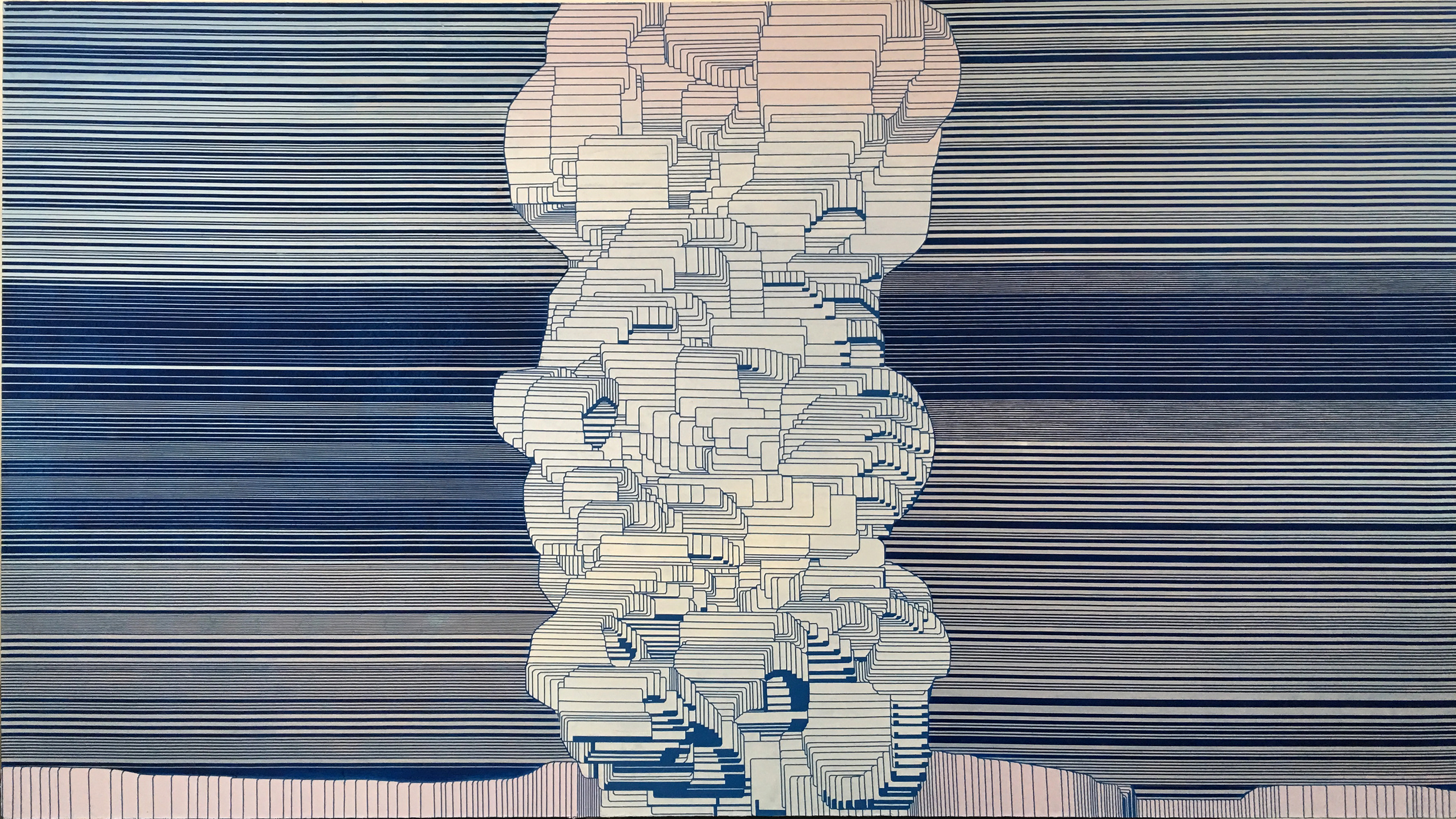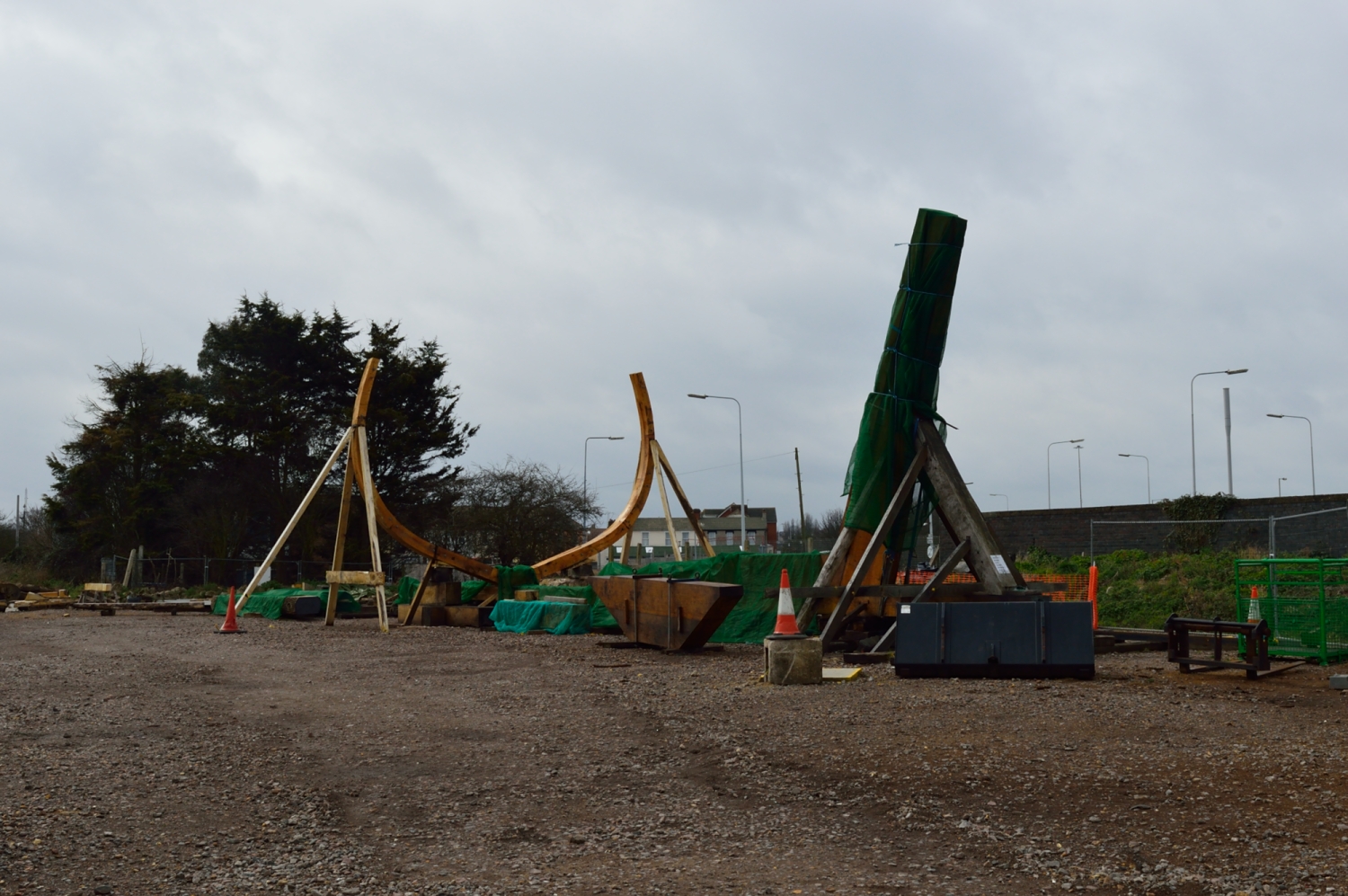Tag: thinking
-

Archipelagos of Rest
The God of Genesis had no use for islands; land rose from sea all at once, assured with purpose. Like cognition, the divine continent is quantifiably useful, brokering communal exchange and the consolidation of cultural routines, yet still – unapologetically – islands persist. These archipelagos, connected to and detached from the whole, seem emblematic of…
-

A New Map of Berlin
Fehrbelliner Strasse intersects the indefinite, porous border between the old East Berlin neighbourhoods of Mitte and Prenzlauer Berg. Forming a T with the sloping green space of Volkspark am Weinbergweg, the street is lined with pretty late 19th-century altbauten that had survived artillery and aerial bombardment at the end of World War II, and featureless…
-

Art Angels / Property Guardians
Inside: Artists and Writers in Reading Prison On a bright morning at the beginning of September I joined members of the press on a visit to the former HM Prison Reading. The Grade II-listed Victorian prison has stood empty for just under three years since its closure in November 2013. But it has…
-

A Dys-Praxic Sketchbook
I used to think that the only skill I had was drawing. It was only much later that I realised that it was simply the only skill that I had experienced difficulty in acquiring and yet had not given up on. It was also my only physical skill. Under most of the circumstances I encountered…
-

Duelling Hagiographies: Mao and Modernism
The world is yours as well as ours: a statement in which ancestry maintains a dialectic with reconstruction; engineered to mobilise disjunctions with the past over a period spanning sixty years. An exploration of abstraction within contemporary Chinese painting, the exhibition shares its title with a work by Jiang Zhi, one of nine artists commanding…
-

Epicormic Psychology
The regeneration of Australia’s flora and fauna after fire is swift; or is this just a misconception of a nation’s psyche? The winding trail of sandstone rubble ascends before me through a pocket of dorsal-fin shaped bushland in Lapstone, in Australia’s Blue Mountains. This ecosystem is not granted a name. Even though it…
-

The Restless Whirlpool of Life
“Go faster, harder; be stronger, tougher,” – just some of the words I use as mental self-flagellation in those critical first five minutes pounding the pavements on my early morning runs. At the same time, there’s another voice in my head asking why: “Why go faster? Why not slow down? When you slow down, you…
-

The Future is the Past: Harwich, Essex
Harwich has a split personality. At the northeasternmost point of Essex, the old town is still laid out as the medieval port it once was, but it’s separated from the cranes at Harwich International Port situated a mile up the Stour river. For centuries it was a key access point to Europe: a “gateway”, when…
-

Frankenstein: Before the Beginning
Every thing must have a beginning… and that beginning must be linked to something that went before. – Mary Shelley, Frankenstein. It was precisely two hundred years ago tonight that a very particular nightmare first appeared. In the early hours of 16 June 1816 – around 2:30am if a recent headline-grabbing astronomical…
-

What is listing?
What is lost when words are wasted? Tomatoes. What is trust when tomatoes are wasted? What is truth? Men, words, hours, waist? When wait women. What is lost when haste is made? That is tossed, is left us that linger, aside. What is lust? What is frost, but sitting on the wooden cutting…
-

Isomorphology
For interdisciplinary artist Gemma Anderson, drawing is a mode of knowing and seeing. While drawing is often understood in terms of isolated observation, by sharing the process with a community, for Anderson, it becomes a type of agency for collective knowledge and critical vision. Drawing therefore functions as a bridge between public and private, between…